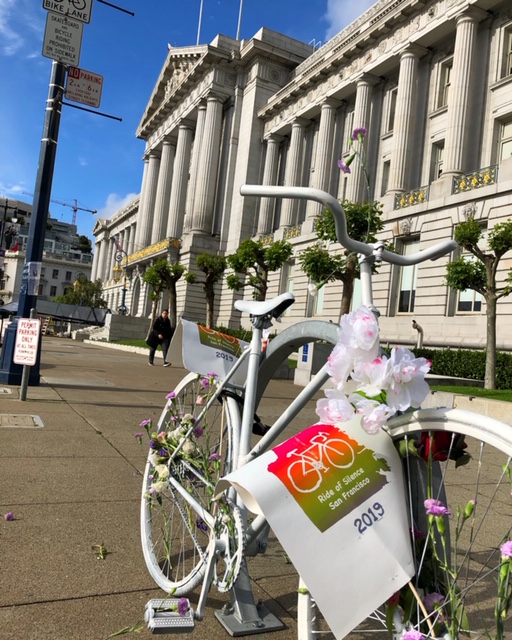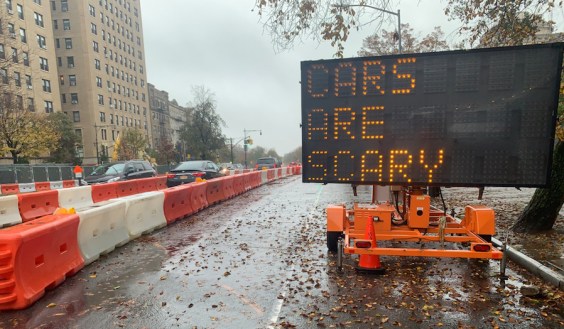
In the competition to be the worst state for transit, Georgia is one of the clear standouts. The state contributes nothing -- yep, zilch! -- to Atlanta's transit system, even as the region grapples with an increasingly crippling traffic and car dependence problem.
State leaders are now pushing for a gas tax increase that would raise about a billion dollars per year for transportation. Unfortunately, the state's constitution prevents even a cent of that revenue from being used for transit, and Governor Nathan Deal has shown no inclination to overhaul that policy.
The whole situation encapsulates why, when it comes to transportation, Georgia keeps digging itself deeper into a hole, writes Ken Edelstein at Renew ATL:
Whether Georgia even needs all that much money for roads and bridges is an open question. Reporters and politicians are taking to the bank the Joint Committee’s claim that the state Department of Transportation need to double its budget just to upkeep our current infrastructure.
The problem is that the report’s “verified” estimate of $1 billion to $1.5 billion a year just in increased road and bridge maintenance spending was provided to the Joint Committee by a contractor with a big self-interest in more transportation spending. And the committee’s rather thin report doesn’t offer any documentation for the claim. As so often happens in the political media, however, an unsubstantiated claim by an interested party quickly morphs into the neat number that journalists must latch onto. The result: breathless headlines and credulous editorials accepting an increase in the billion-dollars-plus range as absolutely dire.
Meanwhile, Deal himself noted that the state has found the money to add more than $1 billion worth of Interstate lanes in metro Atlanta during his final term. Go figure.
“We are constructing new capacity express lanes along large stretches of I-75 and 575. We are also extending the managed lanes on I-85,” he said. “Over the next four years, we will open to traffic more than 1.1 billion dollars worth of new, reliable Interstate lanes in Metro Atlanta, the largest interstate expansion since the 1980s.”
You get a real sense of where transit stands as a priority when you contrast the scale of those Interstate lanes with the recently opened 2.7-mile Atlanta Streetcar. Even its boosters admit the streetcar isn’t going get a lot of cars off the road — not like, say light rail from Atlanta to Cobb or along the northern crest of I-285 would. The streetcar was funded by the city and the feds; without state help its scope is likely to remain extremely limited.
Edelstein was encouraged by a report from the legislature acknowledging a need for a "separate, permanent funding stream" for transit. But Deal's recent state of the state speech didn't mention the idea:
Deal’s speech and the general lack of any actual proposal to fund transit bodes poorly for an authentic effort to solve the transportation mess that’s strangling metro Atlanta. The good news may be that Georgia politics aren’t particularly transparent. Most real decisions in the state legislature are cooked up behind the scenes.
Perhaps business leaders can convince the state to support a more multi-modal system, Edelstein says.
Elsewhere on the Network today: Bike San Diego reports that hit-and-run crashes are declining in San Diego. Bike PGH celebrates what it calls Pittburgh's "best walking and biking budget yet." And Strong Towns picks apart Minnesota highway boosters' super-sad example of "success."





